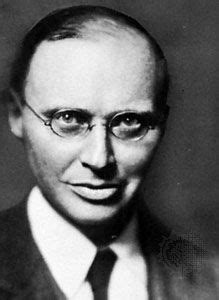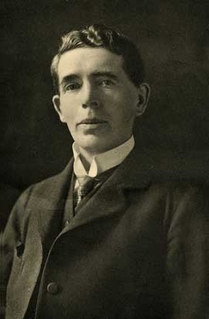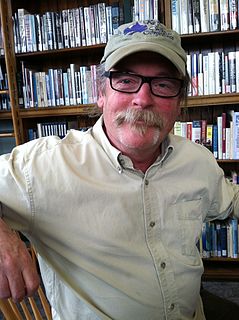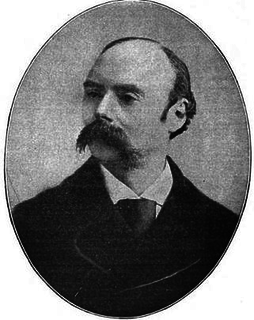A Quote by Clarence Day
Creatures whose mainspring is curiosity enjoy the accumulating of facts far more than the pausing at times to reflect on those facts.
Related Quotes
[The scientist] believes passionately in facts, in measured facts. He believes there are no bad facts, that all facts are good facts, though they may be facts about bad things, and his intellectual satisfaction can come only from the acquisition of accurately known facts, from their organization into a body of knowledge, in which the inter-relationship of the measured facts is the dominant consideration.
Facts are neutral until human beings add their own meaning to those facts. People make their decisions based on what the facts mean to them, not on the facts themselves. The meaning they add to facts depends on their current story … facts are not terribly useful to influencing others. People don’t need new facts—they need a new story.
Generally speaking, geologists seem to have been much more intent on making little worlds of their own, than in examining the crust of that which they inhabit. It would be much more desirable that facts should be placed in the foreground and theories in the distance, than that theories should be brought forward at the expense of facts. So that, in after times, when the speculations of the present day shall have passed away, from a greater accumulation of information, the facts may be readily seized and converted to account.
Many, and I think the determining, constitutive facts remain outside the reach of the operational concept. And by virtue of this limitation this methodological injunction against transitive concepts which might show the facts in their true light and call them by their true name the descriptive analysis of the facts blocks the apprehension of facts and becomes an element of the ideology that sustains the facts. Proclaiming the existing social reality as its own norm, this sociology fortifies in the individuals the "faithless faith" in the reality whose victims they are.
Progress is achieved by exchanging our theories for new ones which go further than the old, until we find one based on a larger number of facts. ... Theories are only hypotheses, verified by more or less numerous facts. Those verified by the most facts are the best, but even then they are never final, never to be absolutely believed.
Facts are certainly the solid and true foundation of all sectors of nature study ... Reasoning must never find itself contradicting definite facts; but reasoning must allow us to distinguish, among facts that have been reported, those that we can fully believe, those that are questionable, and those that are false. It will not allow us to lend faith to those that are directly contrary to others whose certainty is known to us; it will not allow us to accept as true those that fly in the face of unquestionable principles.
I may remind you that history is not a branch of literature. The facts of history, like the facts of geology or astronomy, can supply material for literary art; for manifest reasons they lend themselves to artistic representation far more readily than those of the natural sciences; but to clothe the story of human society in a literary dress is no more the part of a historian as a historian, than it is the part of an astronomer as an astronomer to present in an artistic shape the story of the stars.
I have great hope and faith, but it's a humanistic faith based in facts; you have to believe that facts exist. We can all arrive at the same facts if we engage in the process of experimentation, observation, and verification, which can solve more of the world's major problems than a debate over whether God does or doesn't exist.



































